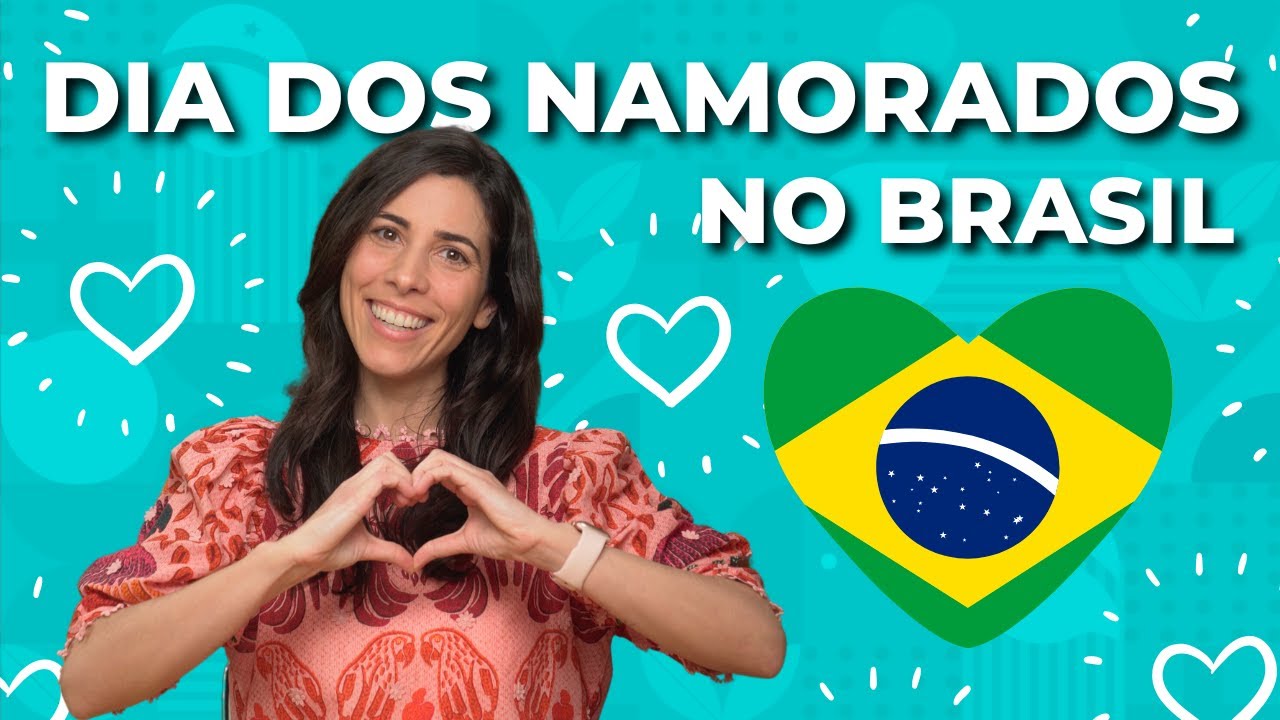Join the Speaking Brazilian YouTube Club to have access to the transcript of this video and many other videos.
HISTORY OF THE PORTUGUESE LANGUAGE
Today you’re going to learn a little about the history of Brazilian Portuguese. How did the Portuguese language evolve from Latin to arriving at what we speak in Brazil today?
The history of the Portuguese language dates back to the 3rd century BC, when the Iberian Peninsula was colonized by the Romans. The language spoken by the Roman troops was Vulgar Latin, a colloquial variation of Classical Latin.
Before the arrival of the Romans, many languages of Proto-Indo-European origin were spoken in this region. Over the centuries, Vulgar Latin, influenced by these other languages, birthed many different dialects that evolved and transformed into independent languages, as is the case with Galician-Portuguese, which later gave rise to two languages, Galician and Portuguese.
After the fall of the Roman Empire, the Iberian Peninsula was invaded by many other peoples. These invasions had a big impact on the language spoken in the region, which incorporated many linguistic influences from the invaders.
For example, one of the languages that influenced the Portuguese language the most was Arabic, since many Arabian peoples lived on the Iberian Peninsula.
I made a blog post on this topic. Click here to see it.
STANDARDIZATION OF PORTUGUESE
The officialization of the name of the Portuguese language occurred in 1290, with the inauguration of the first university in Portugal, the University of Coimbra. The academic language in the country, officially, became Portuguese.
The standardization of Portuguese occurred in the 16th century, with the publication of literary works and grammar rulebooks that established rules and standards for the written language. This standardization contributed to the consolidation and dissemination of Portuguese as the official language in Portugal and the Portuguese colonies.
The first grammar rule book of the Portuguese language, titled “Grammatica da Lingoagem Portuguesa,” was published in 1536 by Father Fernão de Oliveira. And the famous book “Os Lusíadas,” by Luís de Camões, was published in 1572.
PORTUGUESE AROUND THE WORLD
The Portuguese language started to spread to other countries starting in the 15th century, during what is called the Age of Portuguese Discoveries.
Today Portuguese is the 6th most spoken language in the world, and according to the Camões Institute, it is the fourth most spoken language as a native language, only behind Mandarin, English, and Spanish. Approximately 260 million people speak Portuguese as their maternal language. Just in Brazil, there are more than 200 million native speakers.
Today, Portuguese is the official language of nine countries in four continents.
Portugal, in Europe. Brazil, in South America. Angola, Cape Verde, Mozambique, Guinea-Bissau, Equatorial Guinea, and São Tomé and Príncipe, in Africa.
And East Timor, in Asia.
In addition to these countries, Portuguese is also spoken by a part of the population in other territories of the world, such as in Macau (in China), Goa, Damão and Diu (in India), Malacca (in Malaysia), Flores Island (in Indonesia), Batticaloa (in Sri Lanka), and ABC Islands (in the Caribbean).
HISTORY OF PORTUGUESE IN BRAZIL
Before the arrival of the Portuguese in Brazil in 1500, the Brazilian territory was inhabited by many indigenous nations. During that time, hundreds of languages were spoken in this region, and there still are many indigenous languages spoken in Brazil.
As expected, the language brought by the colonizers was enormously influenced by the languages spoken by the natives of the so-called “new world.”
LÍNGUA-GERAL (GENERAL LANGUAGE)
Something very interesting that happened at the start of the colonization of Brazil was the creation of a language called “Brazilian Language” or “General Language,” a mixture between Portuguese and Tupi, a language spoken by the Tupinambás, who were the indigenous peoples who inhabited the coast of Brazil.
This lingua franca was created by the Jesuits with the aim of improving communication and the conversion of indigenous peoples to Catholicism.
Another variation of the general language called “Nheengatu” or “General Amazon Language” was also developed in northern Brazil. This language is still spoken by some indigenous peoples today.
The General Language was adopted by colonizers and natives and became the main language spoken in Colonial Brazil for around two centuries. Until, in the middle of the 18th century, the Portuguese Crown prohibited the use of the General Language in Brazil and mandated the use of the Portuguese language.
As a result, the General Language and most of the indigenous languages became practically extinct in Brazil, but the strong influence of these languages on modern Brazilian Portuguese is undeniable.
Many words of indigenous origin were incorporated into Brazilian Portuguese and are widely used in everyday life, especially in the names of places, like for cities such as Caraguatatuba, Pindamonhangaba, and names of plants and animals, like tamanduá, capivara, cutia, cacau, tapioca, açaí, mandioca, among others.
I made a blog post on this topic. Click here to see it.
AFRICAN INFLUENCE IN PORTUGUESE
Of course, in addition to the influence of indigenous languages, Brazilian Portuguese was also strongly influenced by African languages.
Starting in 1550, African slaves were brought to Brazil to work on the sugarcane plantations and, later, in the gold mines.
Over more than 300 years, around 4 million Africans were brought to Brazil. Obviously, these people spoke their native languages, mainly Bantu languages, such as Quicongo, Kimbundu, and Umbundu.
The significant presence of the Bantu peoples played a fundamental role in shaping the Portuguese language in Brazil, bringing a new musicality, syntactic structure, and introducing hundreds of new words, such as samba, capoeira, berimbau, fofoca, bagunça, moqueca, and many others.
I made a blog post on this topic. Click here to see it.
NEW LINGUISTIC INFLUENCES
Later, starting in the 19th century, Brazil began receiving immigrants from all over the world. So, naturally, our language was and continues to be influenced every day by immigrants.
With the passing of time, the Portuguese language spoken in Brazil was “Brazilianized.” Today our language includes a fascinating range of accents, dialects, and regionalisms that vary considerably from one region to another, thanks to the different linguistic influences that occurred in each place.
There are many well-defined local dialects, such as caipirês, mineirês, paulistês, baianês, among others. And some of them have their own dictionaries! Can you believe it?
PORTUGUÊS OU BRASILEIRO?
Obviously, the Portuguese language didn’t just evolve in Brazil over the last centuries. The language spoken today in Portugal isn’t the same language that was brought to Brazil in 1500.
But, as you can imagine, the Portuguese language has evolved in a different way in each country. These days, the language spoken in Brazil is considerably different than the language spoken in Portugal.
I think that it’s for this reason that, in Portugal, many people denominate the language spoken in Brazil as “brasileiro.” And some Brazilian linguists also defend the idea that we speak “brasileiro” or “brasileirês.”
I like calling our language “português brasileiro” (Brazilian Portuguese) because I think that it makes it clear that we speak a variation of the Portuguese language. But I don’t doubt that, in the future, our language will separate totally from Portuguese. After all, history teaches us that languages are in a constant state of alteration, evolution, and revision. So, who knows?
That’s it, everybody!
Até a próxima!
Speaking Brazilian Team


